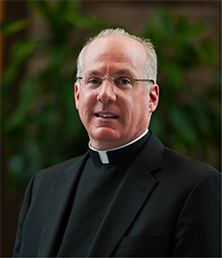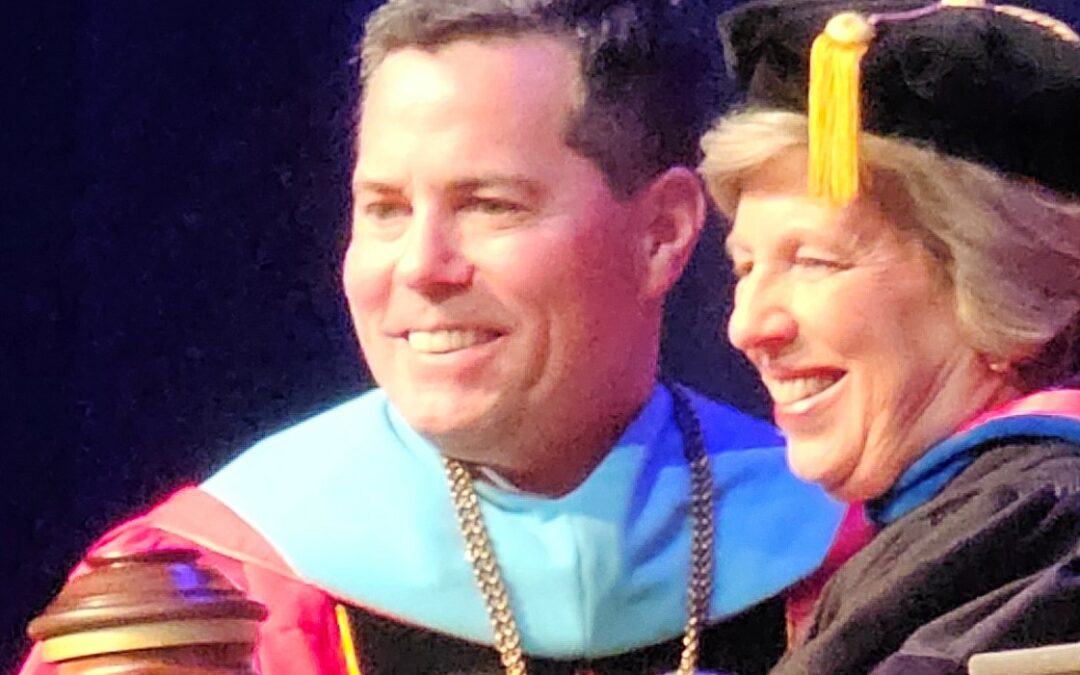As high school students and their parents consider the potential life-changing decisions regarding whether, how and where to attend college[1] and how to pay for it,[2] there are so many factors to consider, including:
Can we afford this?
How can we determine whether certain schools are worth the significant investment – – in other words, what are the graduation rates and prospects for employment post-graduation at the colleges being considered?
Where is the best location for both learning and career development?
Which schools can best deal with the current post-Covid challenges and mental health stresses that the student may face in college?
While there are many factors and issues to consider in answering these questions, there is one prevailing certainty that needs to be part of the assessments on each. That is, class size matters!
Data clearly shows that the smaller the ratio between students and faculty, the more likely the student will graduate with a degree.[3] It is also reasonable to conclude that in these challenging times, where the stresses on student mental health and the learning complications presented by the pandemic’s impact on the learning track for recent high school students, the importance of considering class size is critical.
The average student to faculty ratio at the 13 ICUNJ universities is meaningfully lower than the national average and at the 4-year public colleges in New Jersey. More specifically, ICUNJ schools average a 12:1 student to faculty ratio while, according to the National Center for Education statistics, the national average is 18:1 and our excellent state’s public colleges average is 16:1[4]
So, why is this significant difference in student to faculty ratios so important as a factor for parents and students to consider? It is because studies universally confirm that a lower ratio creates a superior learning environment as it enhances more effective social engagement, permits more individualized attention, and enables schools to better allocate their student focused resources – – including class time and facilities. Each of these practical learning benefit factors have been found to lead directly to improved student outcomes – – including higher rates of graduation. According to a national database data the Integrated Postsecondary Education Data System (‘IPEDS’), the national 4-year graduation rate is 46.6% while the graduation rate at ICUNJ schools is 58.29%, and New Jersey’s public colleges and universities have a 4-year rate of 48.51%
The point is that, while a smaller class size is not a guarantee for student success, it most certainly provides an advantage in the learning process. That advantage generally leads to both a reduction in the risk of academic-induced stress and better short and long-term outcomes for students – – as reflected in superior graduation rates as well as increased earning potential[1] – – perhaps making answers to the questions listed above a bit easier for parents and students to consider.
[1] According to statistics from the College Scorecard, the national average for median earnings 10 years after entering any 4-year institution is $55,671 and the average median earnings for students from ICUNJ schools is $64,314. Additionally, the average median earnings 10 years after entering 4-year public institutions in New Jersey is $60,946.
Written by Steve Reynolds, President, Independent Colleges and Universities of New Jersey
[1] Check out this summary that highlights the unique value of ICUNJ schools: https://njcolleges.org/icunj-brochure/
[2] https://njcolleges.org/2023/06/08/college-in-new-jersey-is-more-affordable-than-you-think/
[3] https://www.tandfonline.com/doi/full/10.1080/15363759.2011.577719,
https://eric.ed.gov/?id=ED490856
[4] https://nces.ed.gov/ipeds/datacenter/InstitutionByName.aspx?goToReportId=6,
https://collegescorecard.ed.gov/search/?state=NJ&cip4_degree=3&page=0&sort=threshold_earnings:desc,
https://nces.ed.gov/programs/digest/d21/tables/dt21_326.10.asp,







